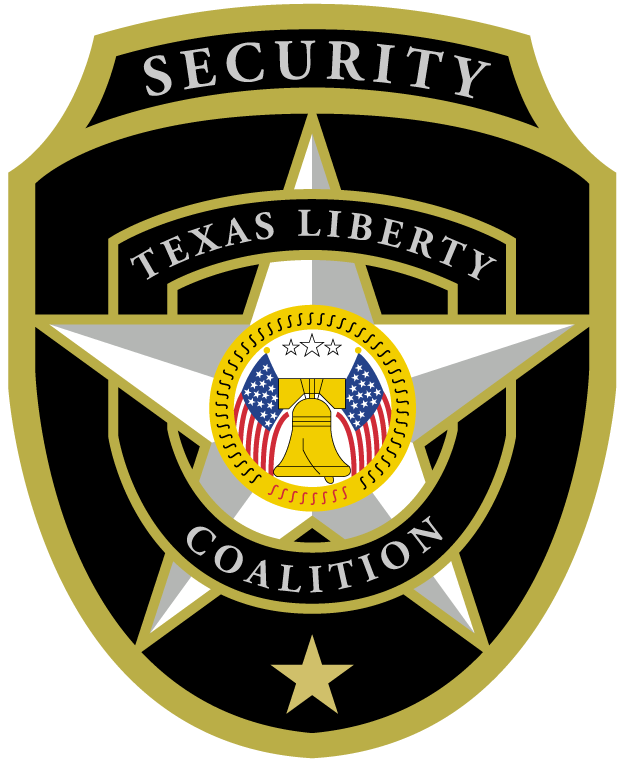As a business owner, it is important to anticipate and plan for potential crises that could occur within your organization. These crises can come in many forms, such as natural disasters, cyber attacks, workplace violence, or even public relations crises. Without a crisis management plan in place, your business could be left vulnerable and suffer from irreparable damages.
A crisis management plan is a set of procedures and protocols that outline how your business will respond to and manage potential crises. It is a comprehensive plan that takes into account all possible scenarios and outlines the steps that must be taken to minimize damage, ensure the safety of employees and customers, and ultimately recover from the crisis.
One critical component of a crisis management plan is security. Security measures must be put in place to prevent potential crises from occurring and to mitigate the impact of those that do occur. Some of the ways that a crisis management plan can include security are:
- Risk assessments: Conducting regular risk assessments can help identify potential security threats and vulnerabilities within your business. This information can then be used to develop a security plan that addresses these risks and provides solutions to mitigate them.
- Access control: Access control measures such as key cards, security gates, and security personnel can help prevent unauthorized access to your business and protect against theft, vandalism, and other security threats.
- Video surveillance: Video surveillance cameras can help monitor your business premises and provide evidence in the event of a security breach or other crisis.
- Emergency response procedures: Clear emergency response procedures must be outlined in the crisis management plan, including evacuation routes and shelter-in-place instructions. Security personnel can play a critical role in implementing these procedures and ensuring the safety of employees and customers.
- Communication plans: Communication is key during a crisis, and a crisis management plan should include a communication plan that outlines how employees, customers, stakeholders, and the media will be notified and updated throughout the crisis. Security personnel can play a role in monitoring and facilitating this communication.
In addition to security measures, a crisis management plan should also include other important elements, such as:
- Leadership and decision-making protocols: A designated crisis management team should be identified and trained to lead and make decisions during a crisis.
- Business continuity and disaster recovery plans: A plan for how to maintain business operations during and after a crisis should be developed and tested. This includes identifying critical business functions and establishing alternative methods for carrying them out.
- Training and drills: Regular training and drills should be conducted to ensure that employees are prepared and know what to do in the event of a crisis.
A crisis management plan is critical for every business, regardless of size or industry. It provides a framework for how to manage potential crises and ensures that your business can recover and continue to operate following a crisis. Security measures play a crucial role in a crisis management plan, and it is important to work with a trusted security provider to develop a comprehensive security plan that addresses your business’s unique needs and vulnerabilities. Don’t wait until a crisis occurs, start planning now to protect your business and employees.

Recent Comments